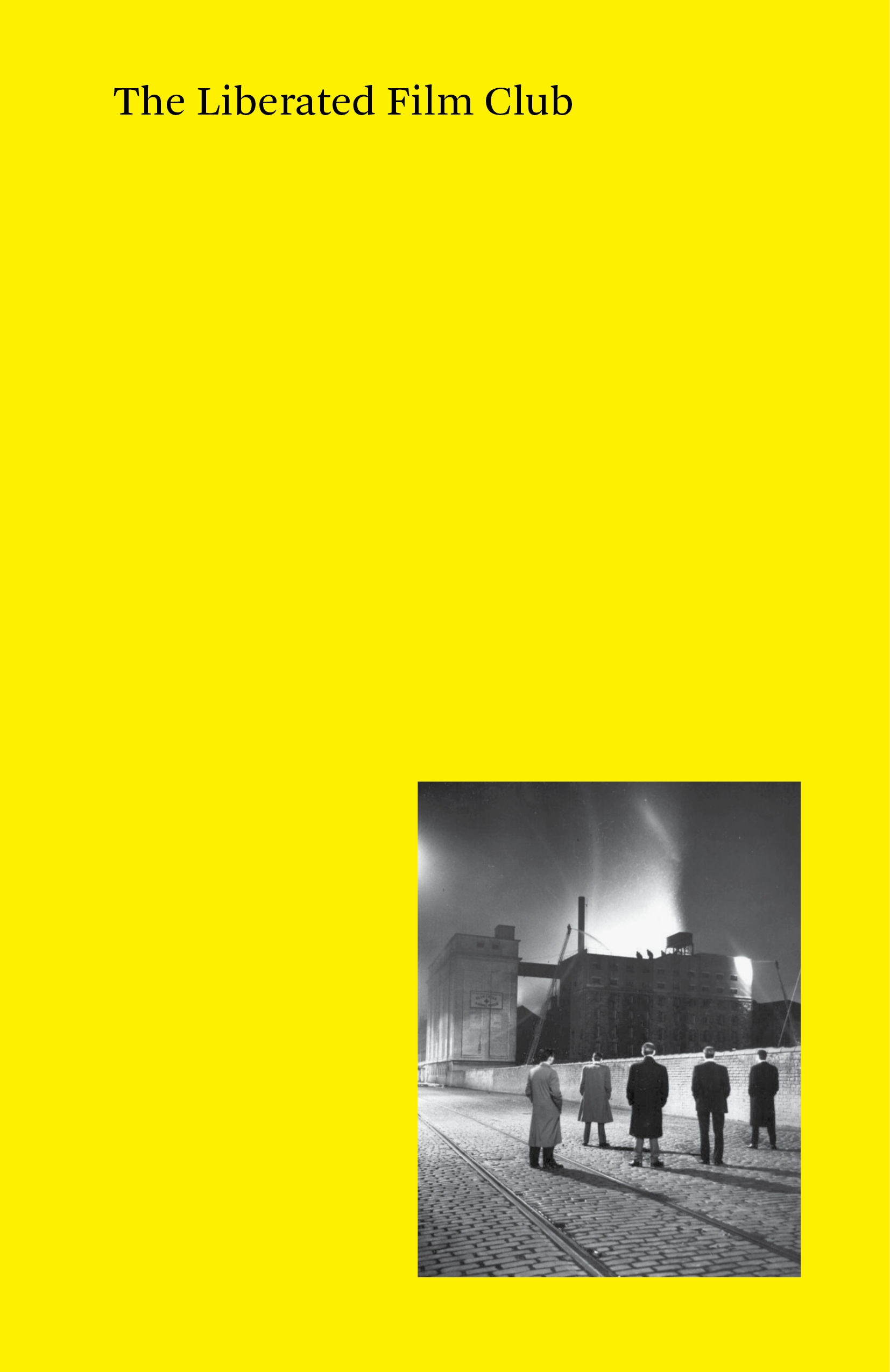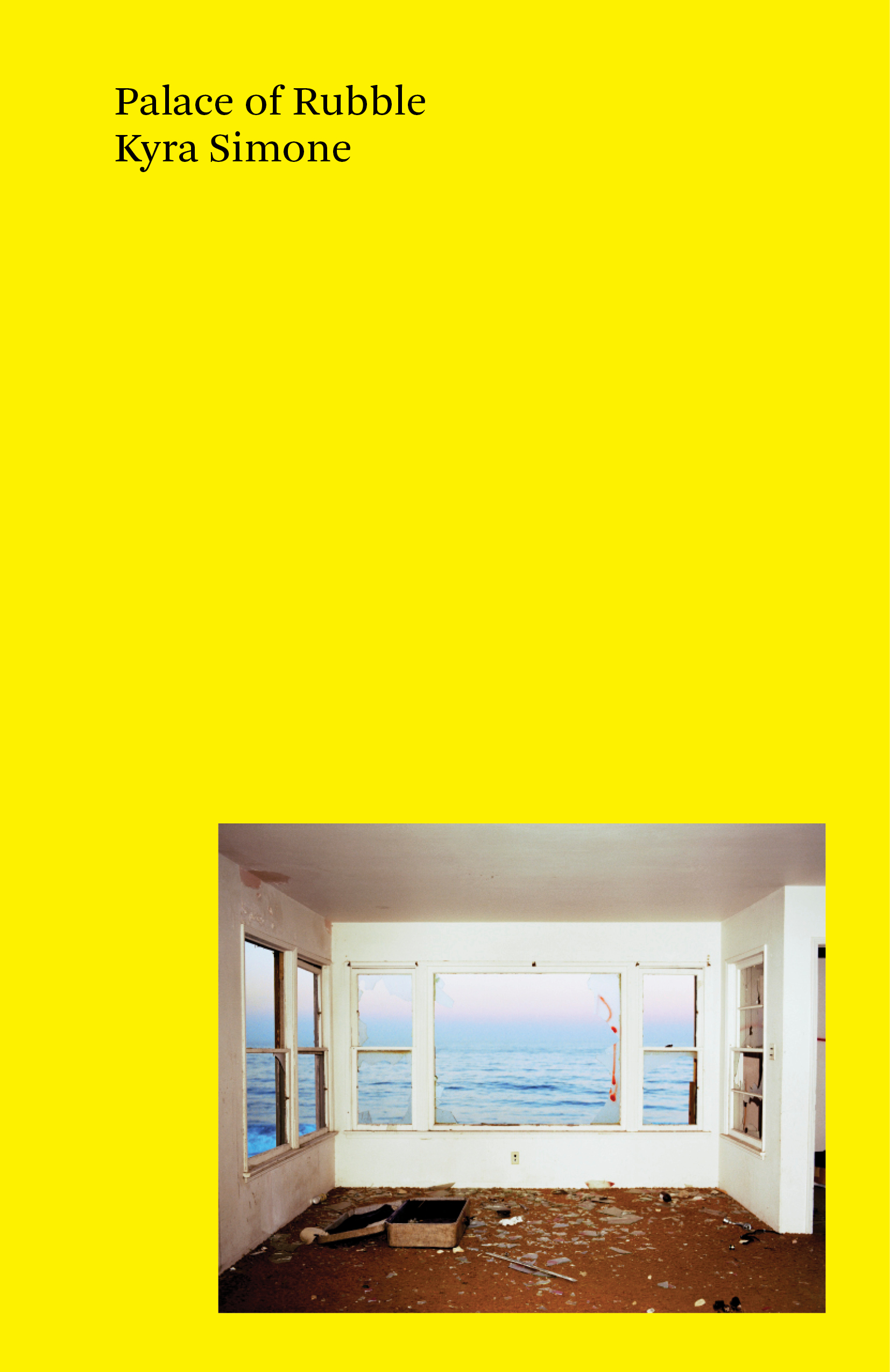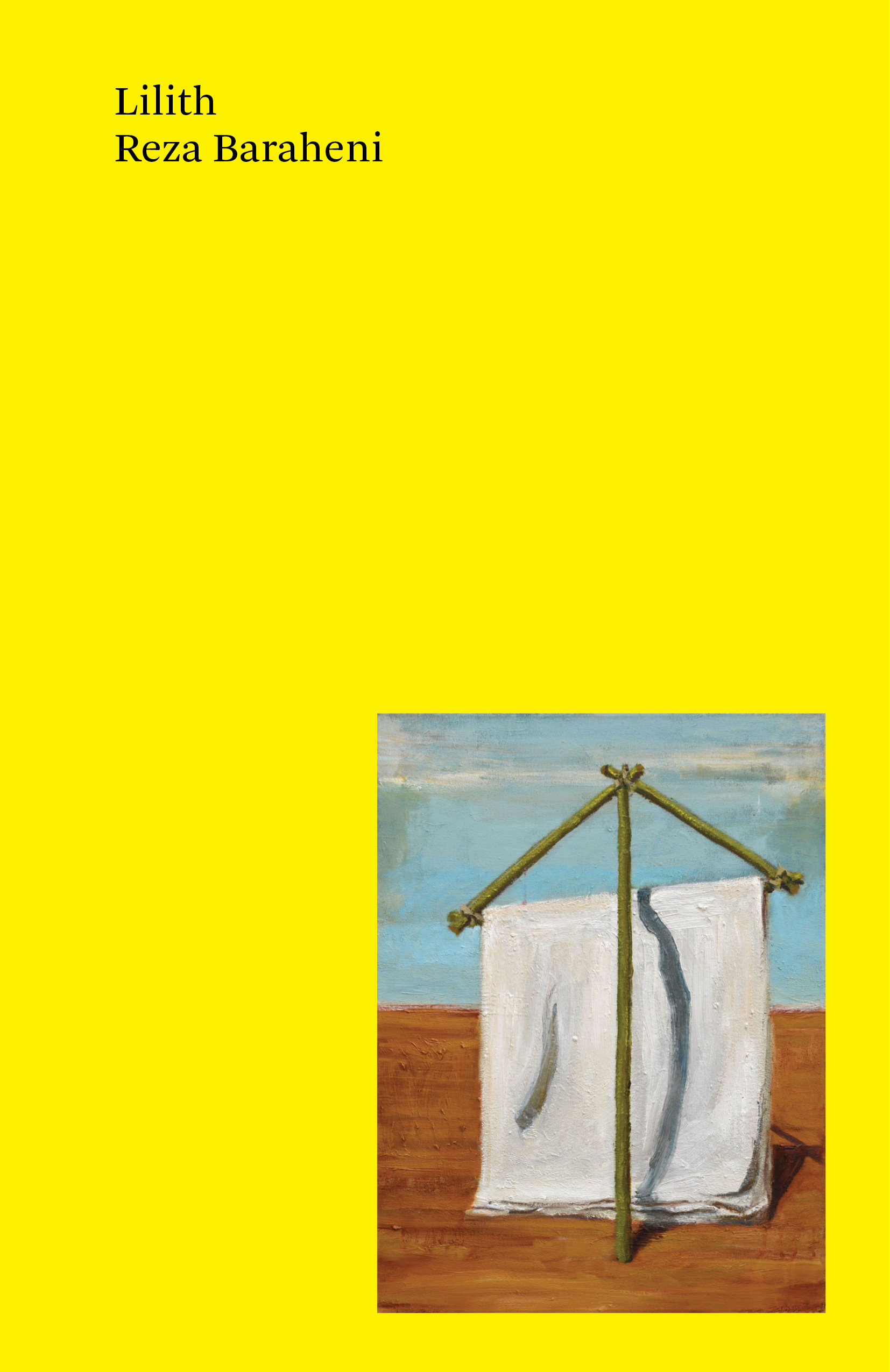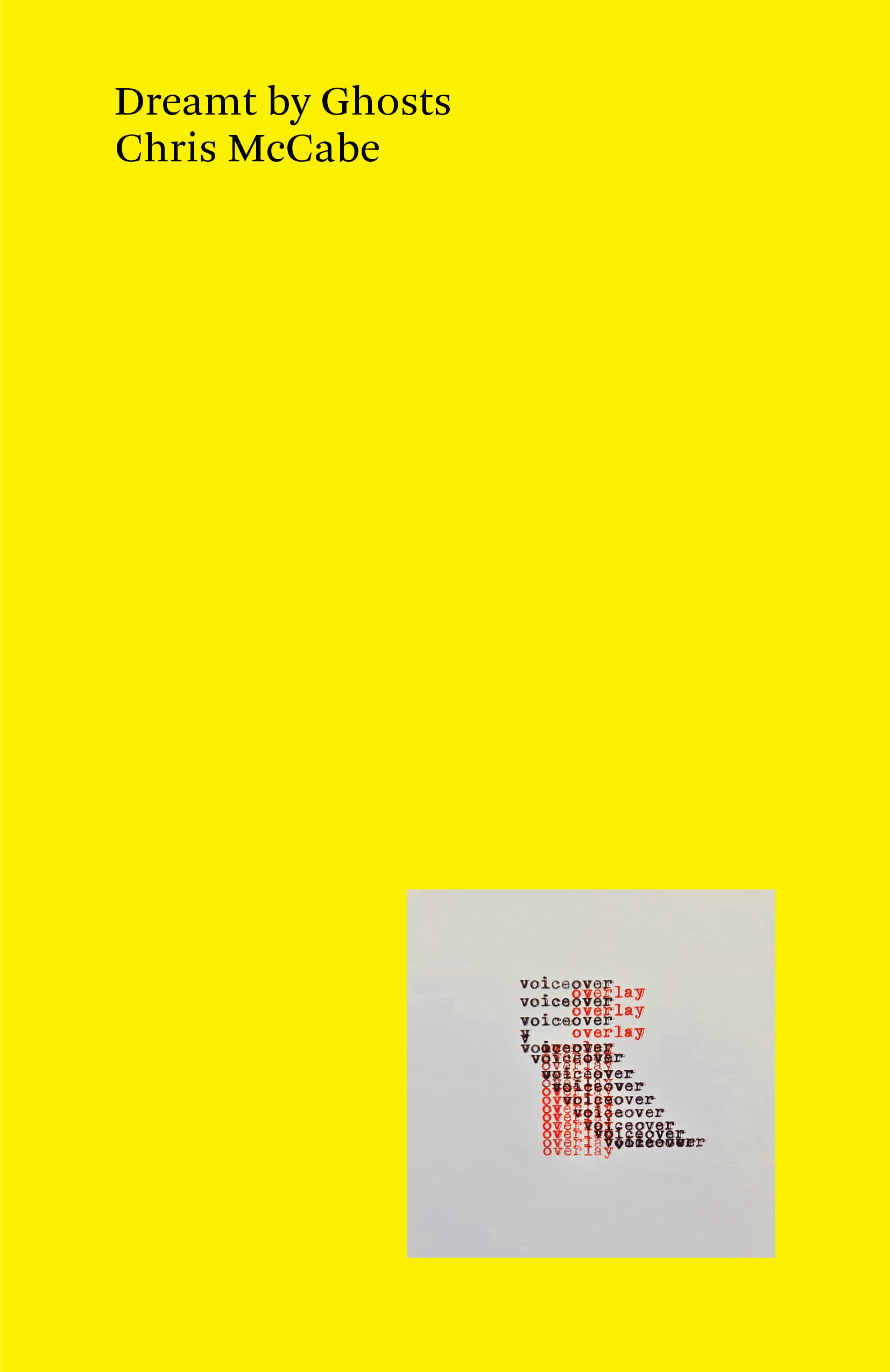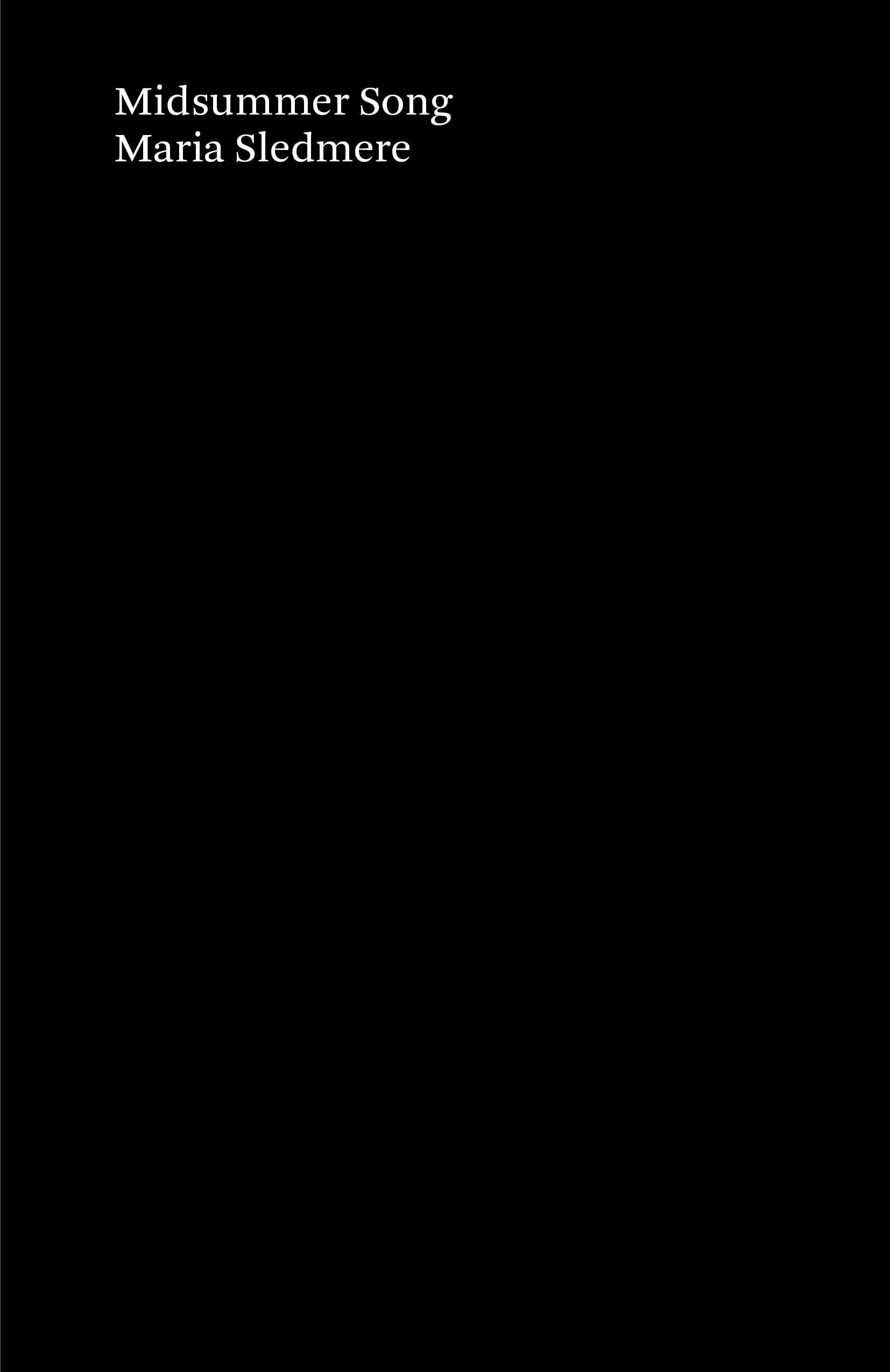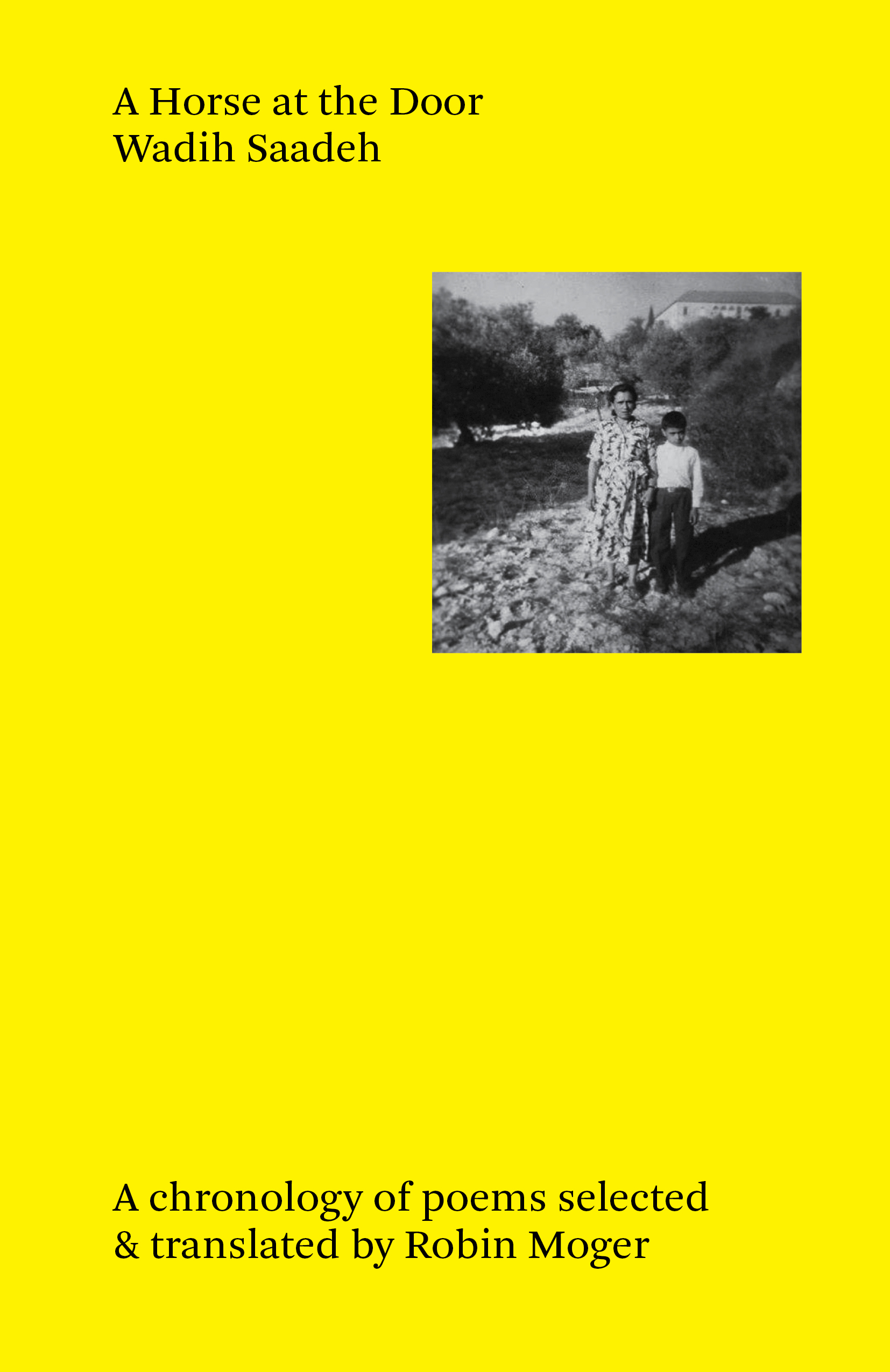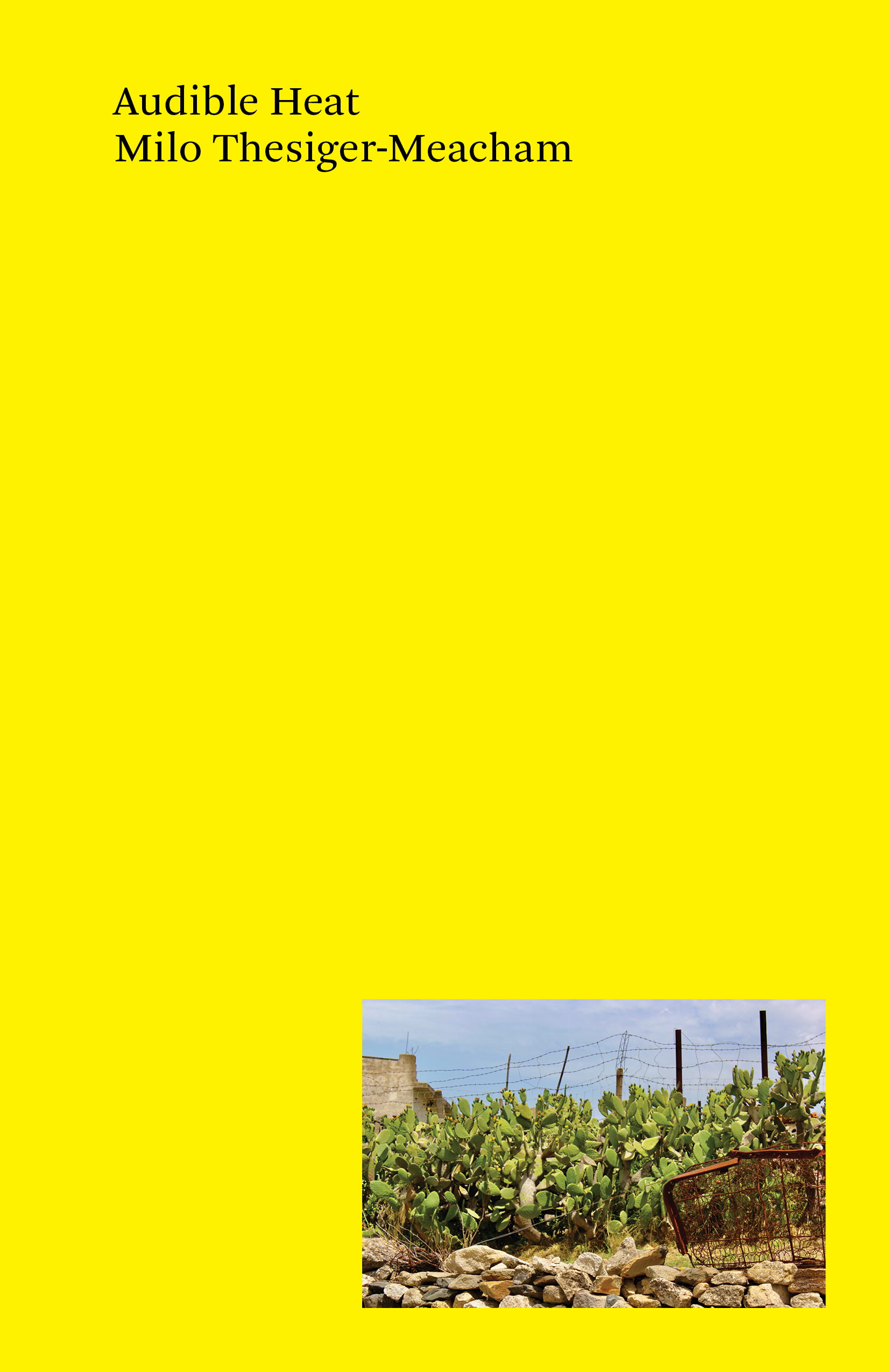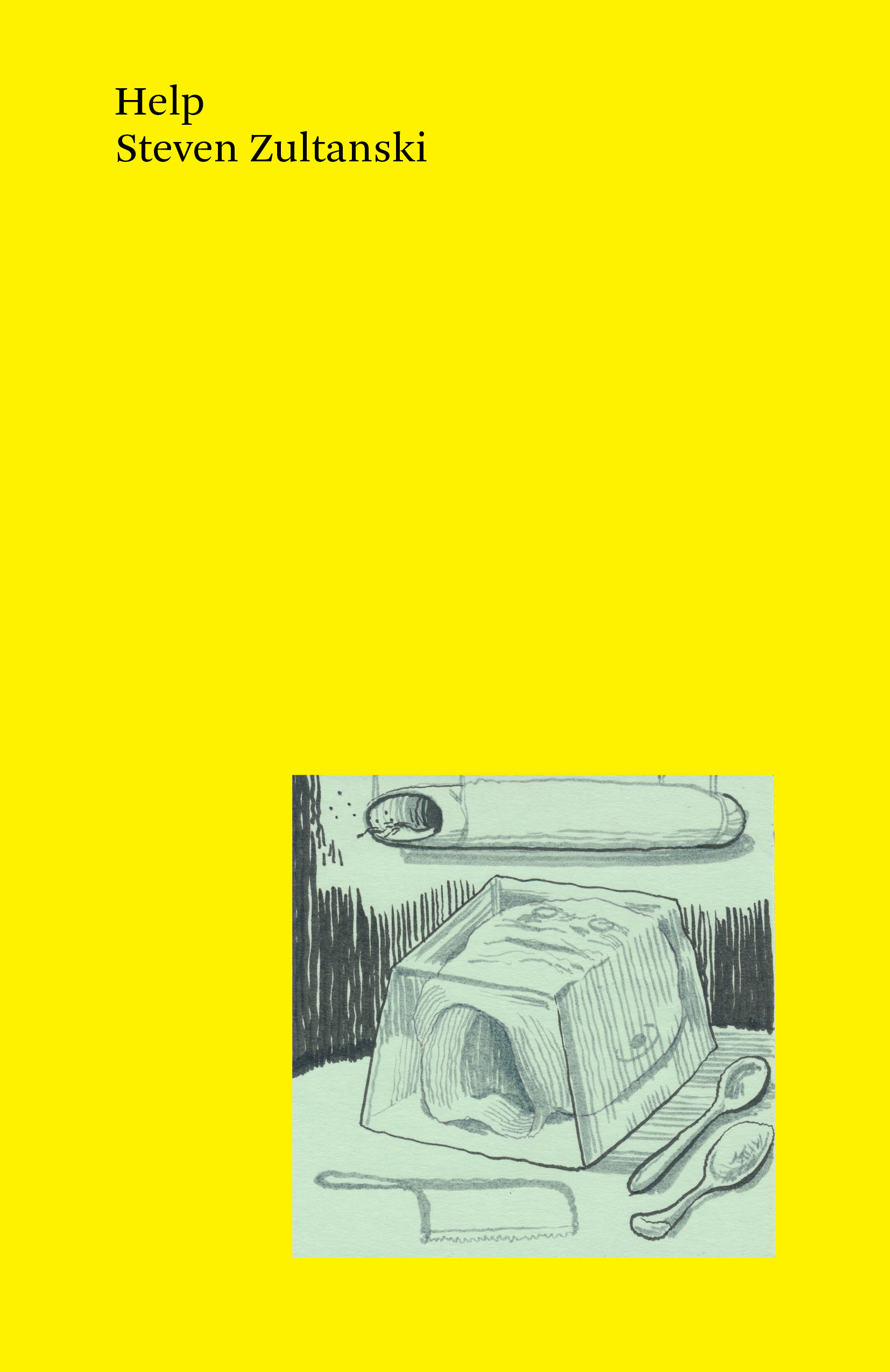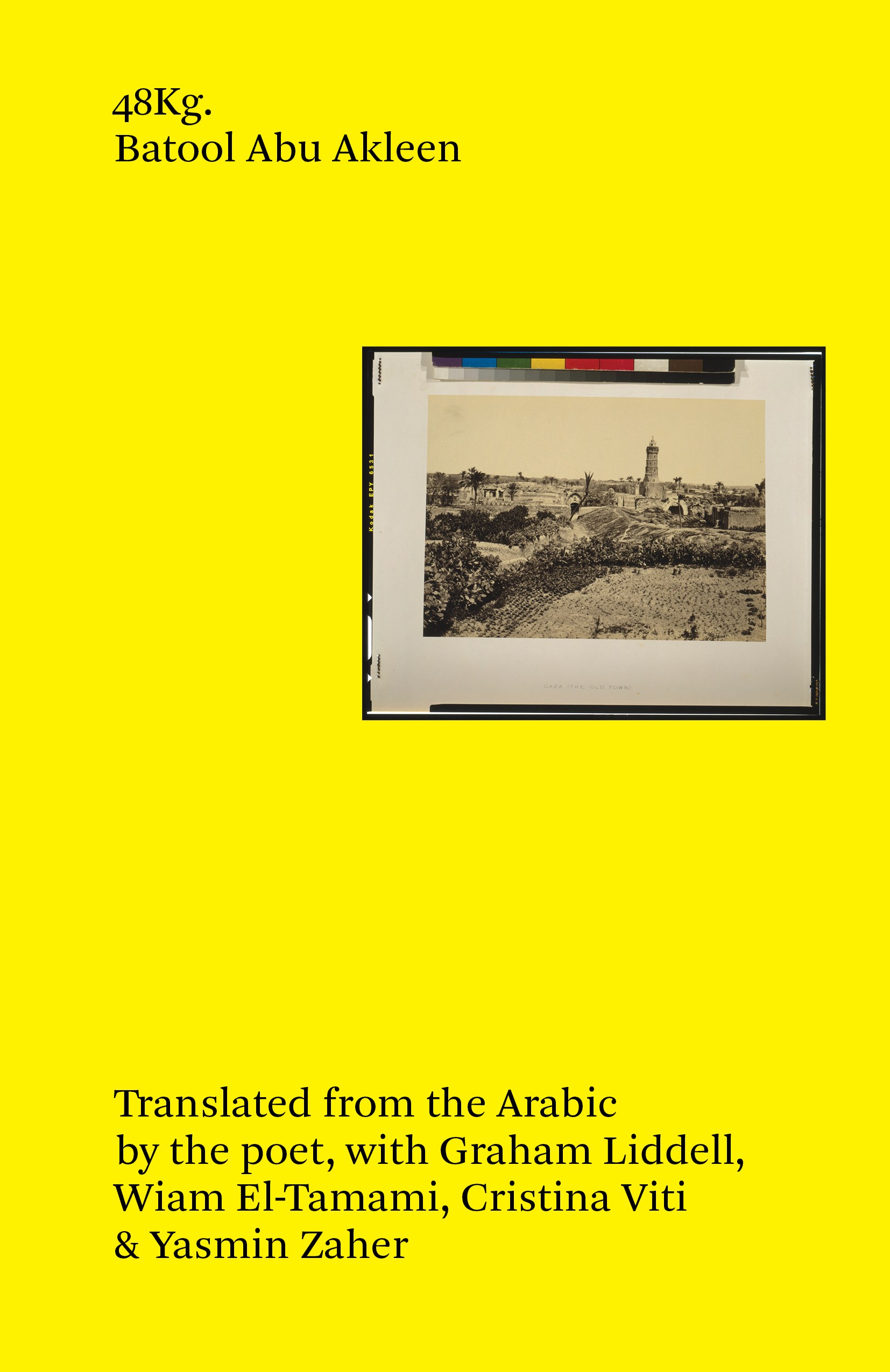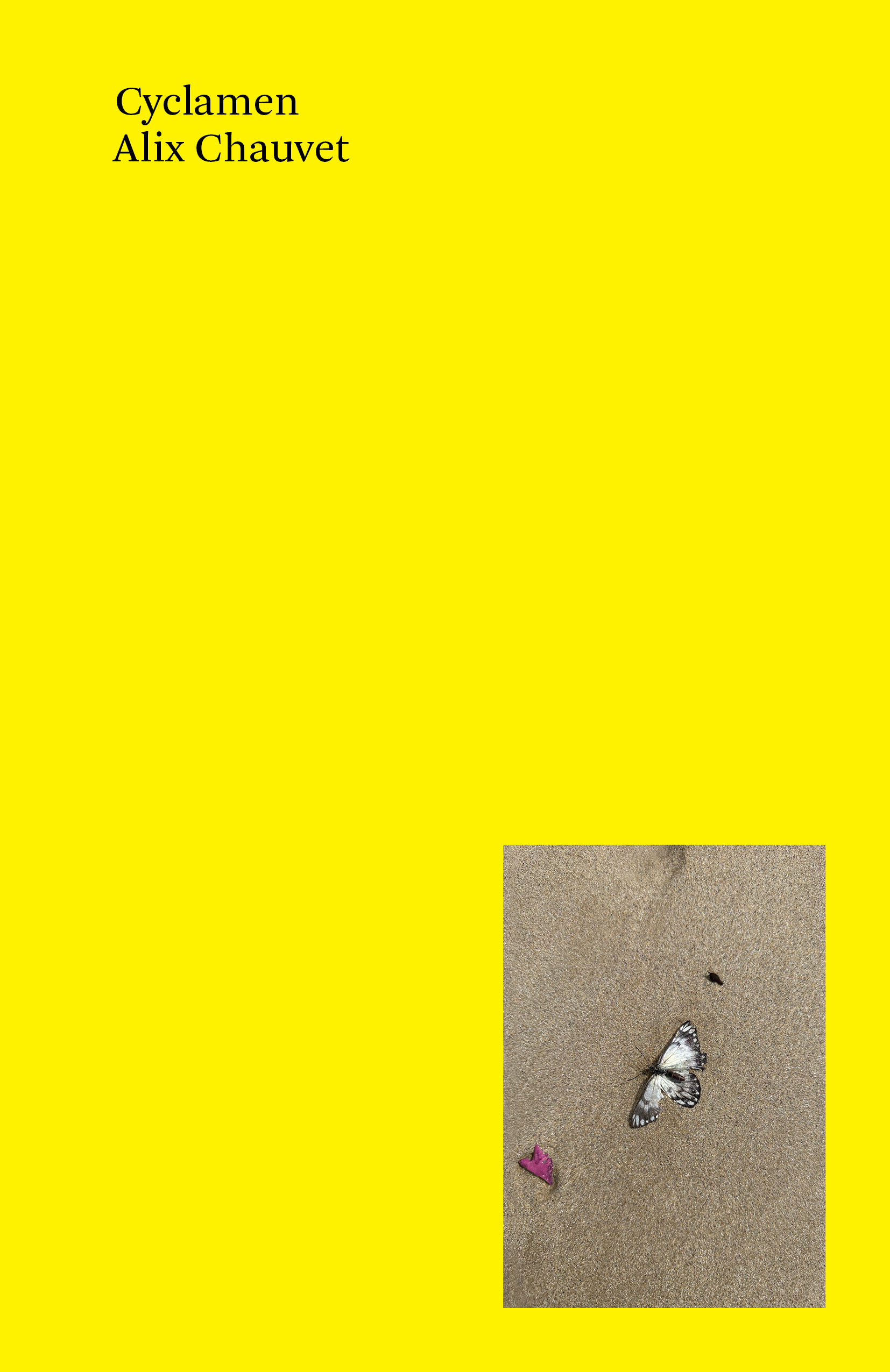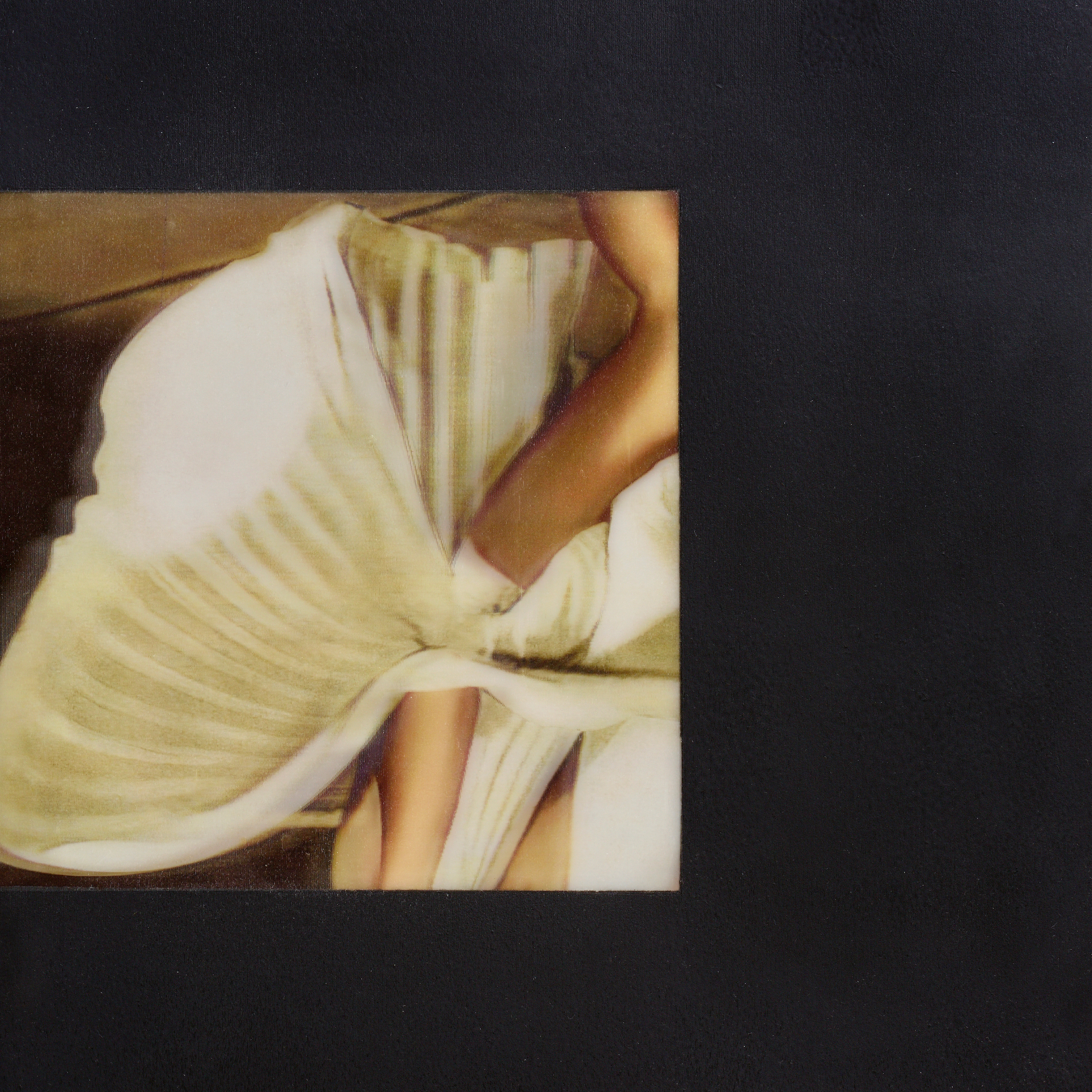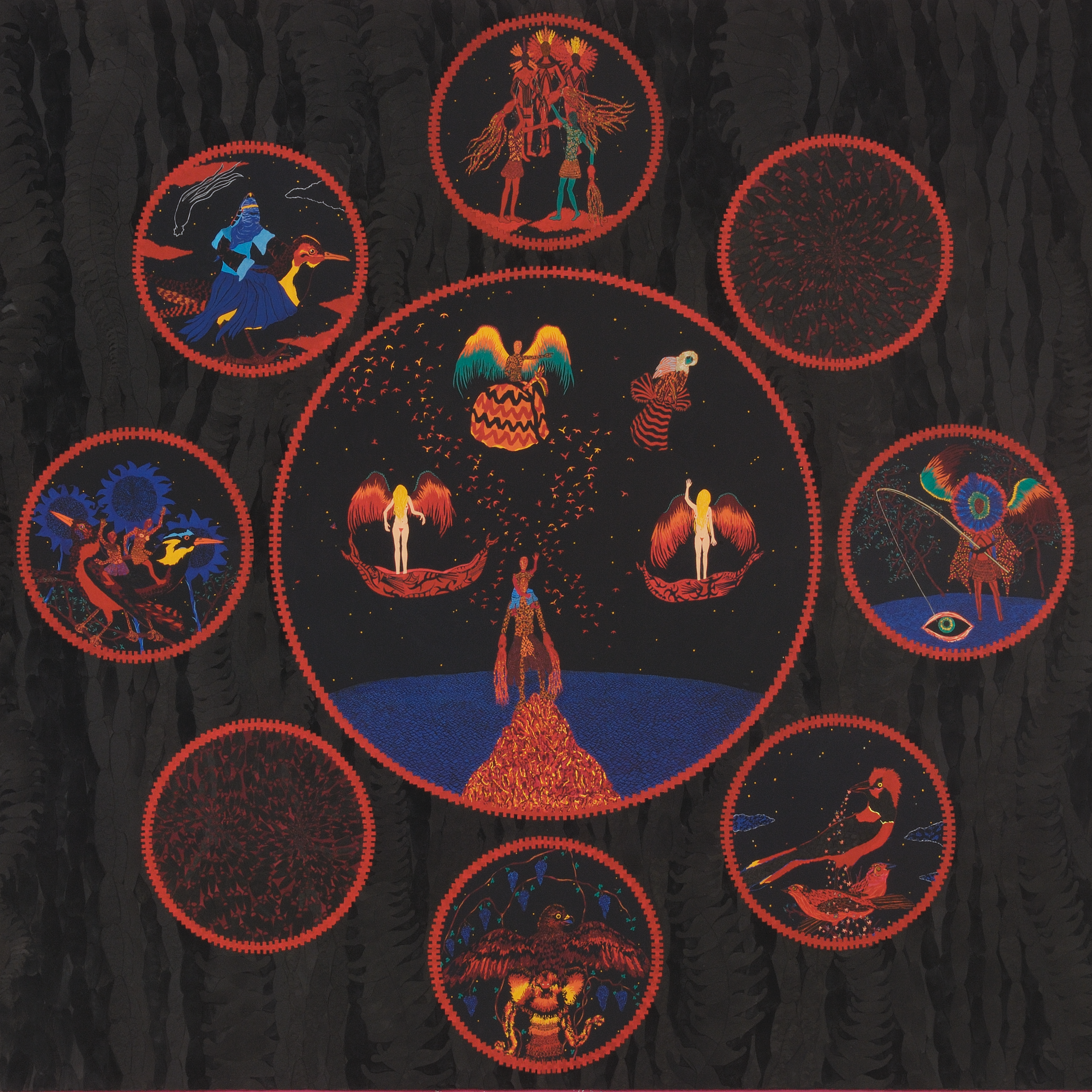Dominic James Jaeckle
(Assorted Books & Paper Matter)
A press called Tenement
A magazine called Hotel
Dominic J. Jaeckle is an author, publisher & editor.
(Present) Jaeckle runs & manages Tenement Press, & (Past) curated & collated the irregular magazine series Hotel (& its adjacent projects), 2016 to 2023. Jaeckle is at work on a series of “paper planes” under the banner John Cassavetes.
(Present) Jaeckle runs & manages Tenement Press, & (Past) curated & collated the irregular magazine series Hotel (& its adjacent projects), 2016 to 2023. Jaeckle is at work on a series of “paper planes” under the banner John Cassavetes.
.
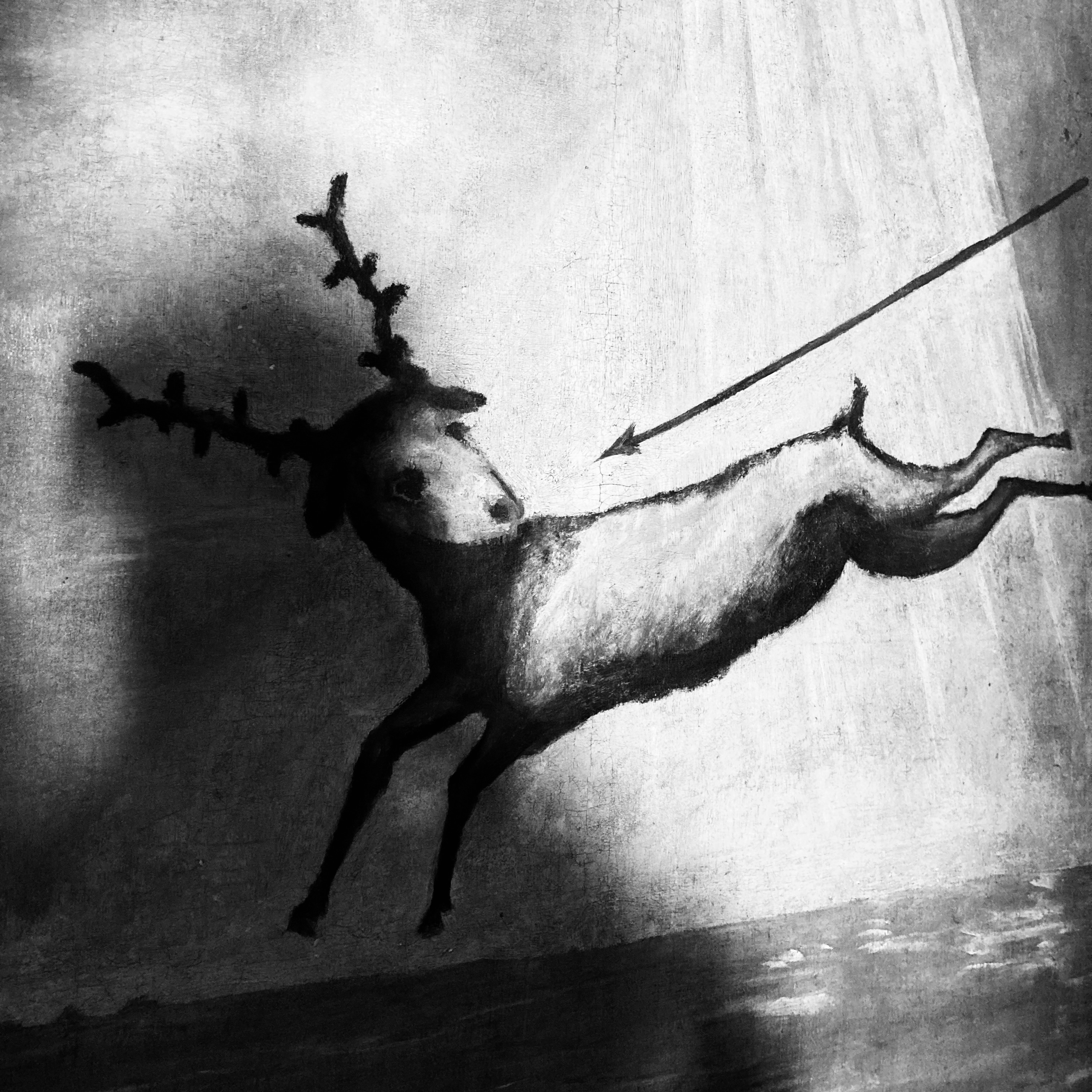

How can the industry work together
to ensure the longevity of the UK’s independent presses?
(See small-press-futures.info.)

Sheets to the wind.
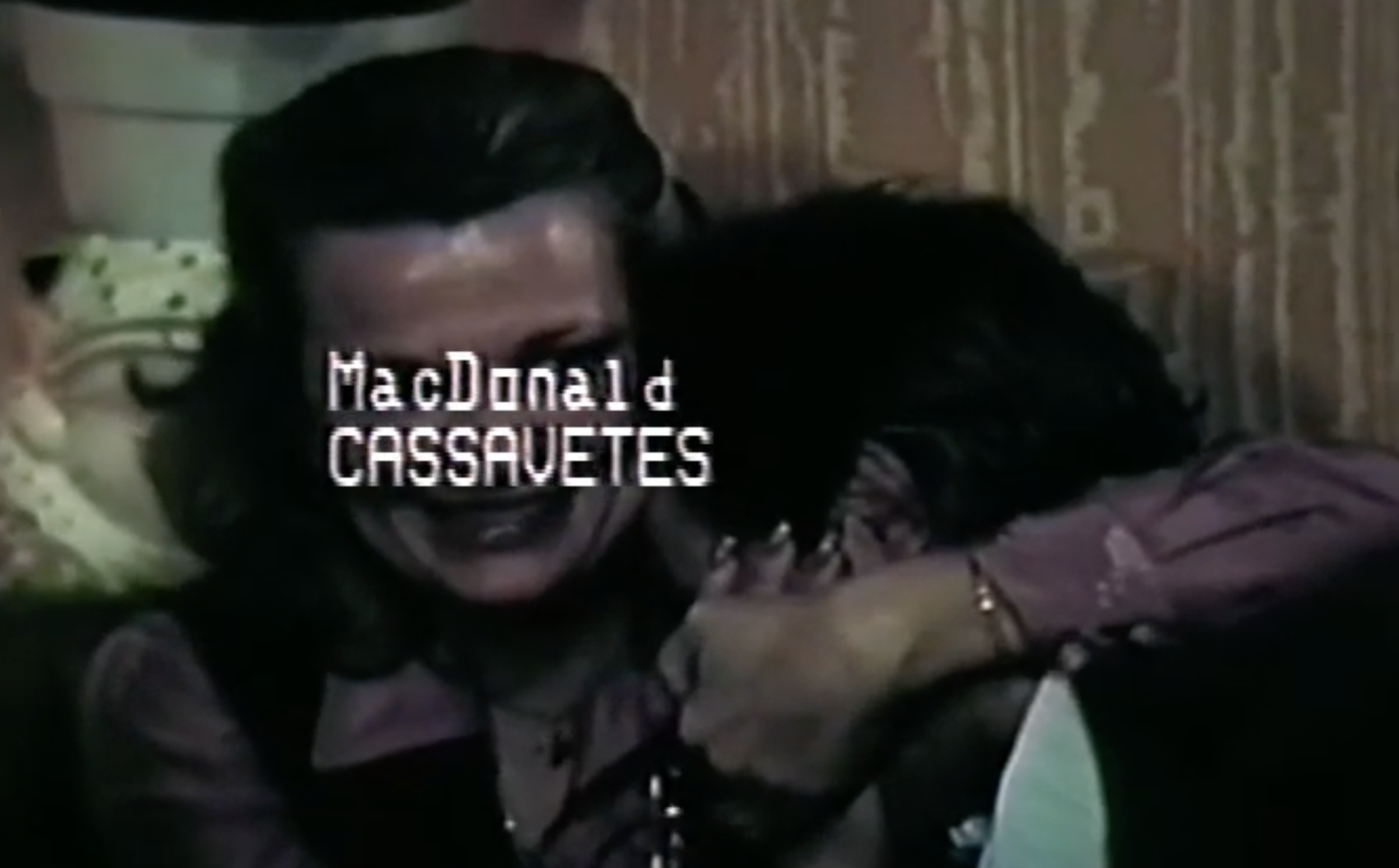
(John Cassavetes.)
A series of books under
via the imprint John Cassavetes.
An occasional publication series, the ‘Cassavetes’ titles are a set of books in a sequenced, cumulative thread (named not for the filmmaker’s body of work but for his “kitchen sink” forms of low / no budget production). An occasional assembly of collaborations & experiments; a series of spines entitled Veronica Lake, Walden Pond, & River Phoenix, a ‘Legend of Duluoz’ in which the author argues with varied objects of attention in a borderless field of enquiry; a run of autotelic studies of inherited ideas; a love letter to the tradition of the “floating verse.”

(As Tenement Press.)
Founded in 2021, Tenement Press—a house for homeless ideas—is an occasional publisher of esoteric, accidental, angular & interdisciplinary literatures; a table of content(s) subdivided into two discrete trains of thought, the Yellowjackets & No University Press.


No University Press NoUP will publish argumentative work of any field, so long as it is also work that strives beyond its field. Work possessing a presentist enthusiasm that works beyond the policies of enclosure that define and underwrite the mission of academic writing and publishing.
Tenement’s titles are designed and typeset
by Matthew Stuart and Andrew Walsh-Lister
(under the nom de guerre Traven T. Croves).

(For airs & graces.)
See blue-deer.bandcamp.com.
(Notes, Clockways / Left to Right ... )
(a.) Verse & Chorus (2021)
Featuring an assembly of verses
(Nadia de Vries & Jaeckle) amidst
a patchwork quilt of borrowed noises
(& as scored by Matthew Shaw, & with
accompaniment from Mark Lanegan
& Duke Garwood).
With readings by ...
Nadia de Vries /
Diamanda La Berge Dramm /
Cíntia Gil /
Mark Lanegan /
Stanley Schtinter /
Becket Flannery /
& Vilde Bjerke Torset.
See Bandcamp ...
See Apple Music ...
See Spotify ...
Artwork courtesy of Jason Shulman, ‘Lenticular Marilyn,’
detail (Jason Shulman, © 2017).
(b.) Four Birds on Bad Weather (2011 / 2025)
Four sentimenatal songs written
& recorded 2010 (51.4616° N, 2.5925° W)
& initially released, 2011.
Txantxangorria txantxate,
birigarroa alkate,
xoxoa dela meriante,
txepetxa preso sartu dute.
The robin sings his song /
the song thrush is the jailer /
&, with the blackbird’s help, /
they’ve put poor wren in prison.
℅ Bernardo Atxaga /
tr. Margaret Jull Costa.
See Bandcamp ...
Artwork courtesy of Rui Moreira, ‘À procura do tempo
perdido I’ (2018), detail, Gouache and Indian Ink on
Paper (160x140cm), as photographed by Cintra and
Castro Caldas (Rui Moreira, © 2018).
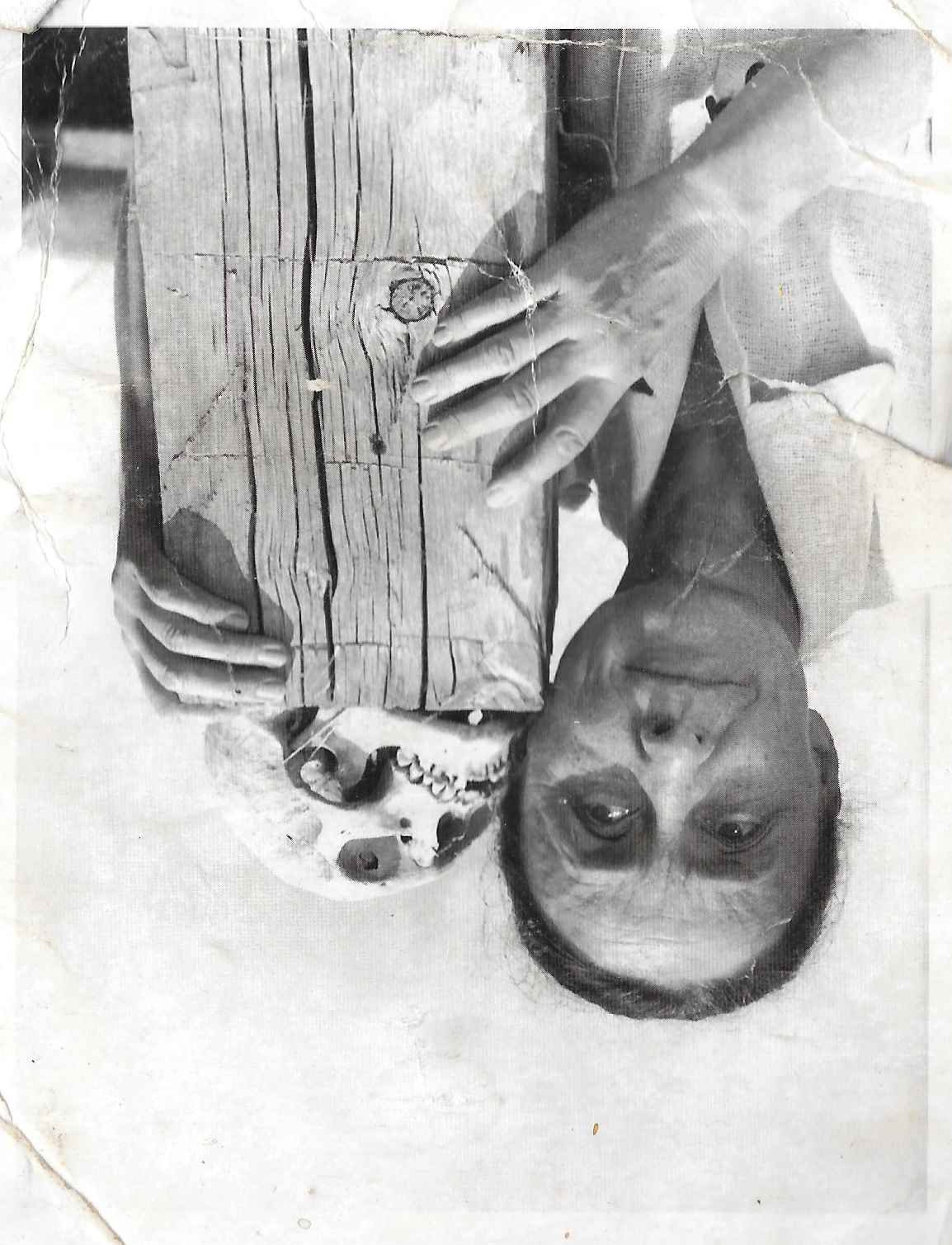
dominic.james.jaeckle@gmail.com
editors@tenementpress.com
+44. (0)7532 128558
@dominic.james.jaeckle
@tenementpress
Tenement Distribution
A radical Reader’s Digest, works
in the Tenement series are available
from Tenement direct (see here) or
by way of the Seattle-based Asterism
(see here).
℅ Asterism Books
568 1st Avenue South, Ste 120
Seattle, WA
USA, 98104
asterismbooks.com/publisher/tenement-press
MMXXVI



